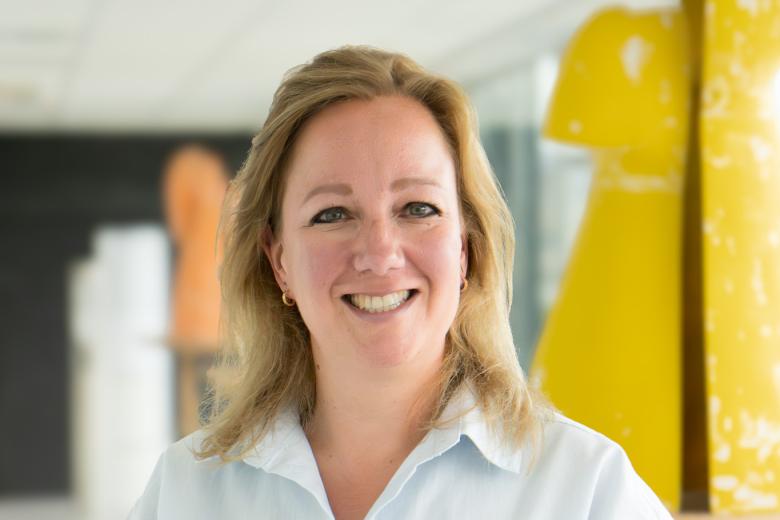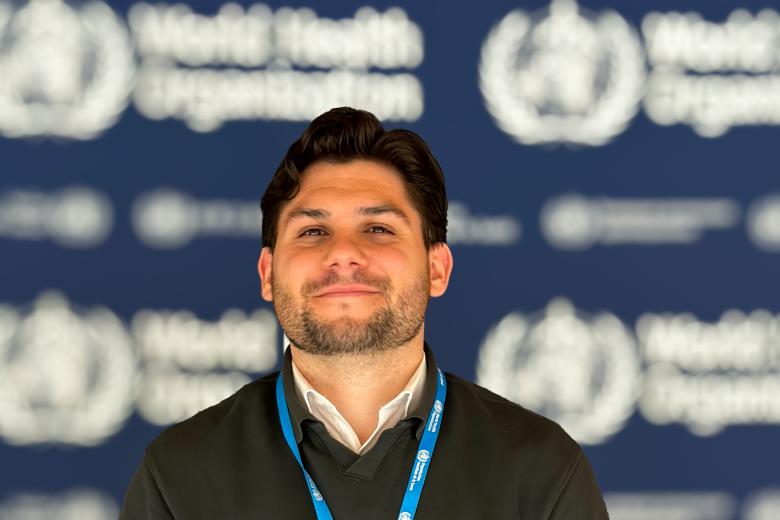King visits UM institute MERLN
Today His Majesty King Willem-Alexander paid a working visit to the UM Institute for Technology-Inspired Regenerative Medicine (MERLN). The king was informed of the latest developments in regenerative medicine by his host, Professor Clemens van Blitterswijk, in the presence of UM Executive Board president Professor Martin Paul, Governor Theo Bovens and Mayor Onno Hoes.
Van Blitterswijk's research group is specialised in developing new technologies that can be applied in regenerative medicine. One area of his group's research is in the development of 'smart' biomaterials to repair tissue using the patient's own stem cells.
Three clinically relevant themes were discussed during the working visit: regeneration of the locomotor apparatus, cardiovascular system and organs. Each theme showed how the interaction between universities, university spin-offs and industry can contribute to the quality of life, the quality of science and the strength of the Dutch economy.
The king discussed these themes with the scientists and business people who are involved in the various stages of the process: from developing the idea, transforming the idea into a spin-off company (such as Materiomics), the transition from a spin-off to an SME that sells products (such as Xeltis) and development into a major, large-turnover, international company (such as Medtronic). The king later visited the MERLN laboratory where researchers briefly explained to him the different technologies they were working on.
Also read
-
Esther Heuts - Director of Education for Medicine
As a clinician, educationalist and mother of three teenagers, Esther Heuts understands better than anyone the constantly evolving world of students and doctors. From this academic year, Esther will draw on that experience in her new role as Director of Education for Medicine.

-
Mariëlle Heuts: deputy director Faculty of Health, Medicine and Life Sciences
Mariëlle Heuts joined the Faculty of Health, Medicine and Life Sciences as Deputy Director on 1 May 2025. She sees her previous work experience in various management and advisory roles at APG, Loyalis and Vodafone come together in her new position at our faculty.

-
Bruno Rocha – Drawing on Global Health skills to identify and report health threats
Through the Global Health master's programme, Bruno Rocha (an alumnus of the programme) cultivated the ability to apply a broad global lens. He puts this into practice in his current role as a consultant epidemiologist at the World Health Organization (WHO).
